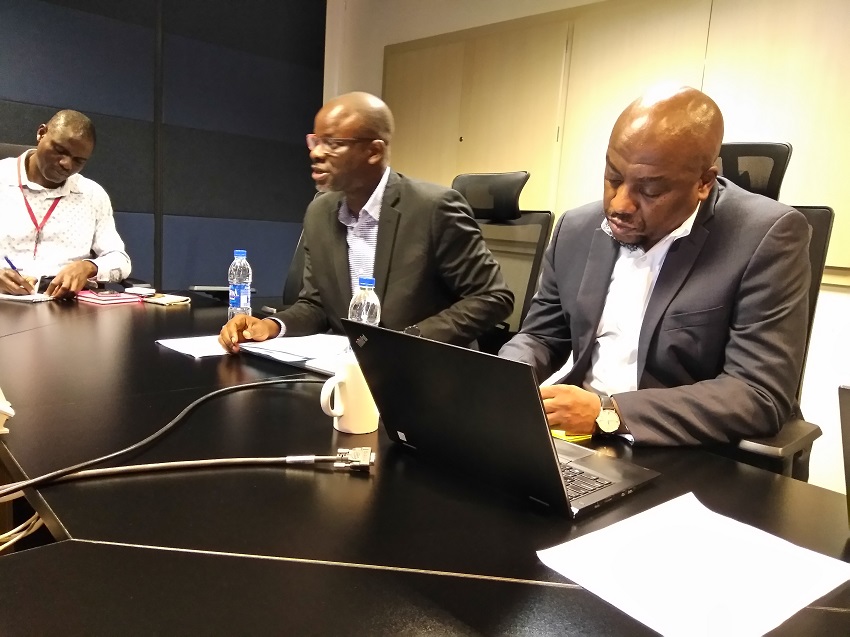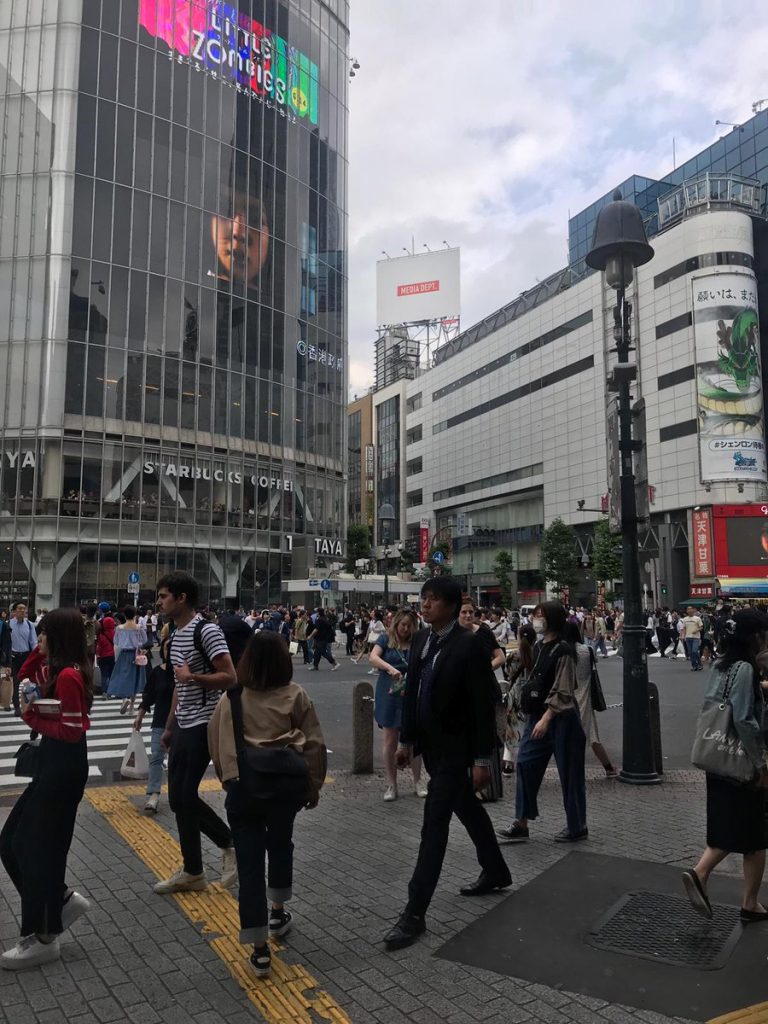Nigeria is on the verge of witnessing the rise of several smart cities. This is according to the General Manager of Microsoft in Nigeria, Ghana and Cameroon, Mr Akin Banuso.
A smart city is a city which incorporates information and communication technologies (ICT) to enhance the quality and performance of urban services such as energy, transportation and utilities in order to reduce resource consumption, wastage and overall costs.


According to the boss of arguably the world’s largest ICT company, soon enough, smart cities will start sprouting across the country.
“Digital is where we are now and you have such efficiencies that very soon I hope we will see the first smart cities here in Nigeria,” Mr Banuso said during a media round table which held on Wednesday at the Microsoft Headquarters in Lagos.
“If you go to somewhere like Dubai where this has become a norm, you should be able to start thinking about how the city itself is so smart that the electricity grid, power and ticketing system are fully automated and are digitally monitored or controlled which gives more efficiency and allows the government to plough back more of its revenue into providing services.
“Same thing goes to critical areas like healthcare, agriculture and transportation, all going digital and the advent of digitisation which is allowing it become more efficient.”


Mr Banuso emphasised the need for Nigerian governments and organisations to take digital security very serious because when these smart cities start emerging, there ought to be solid digital security systems to make sure they aren’t compromised.
Smart Cities are emerging around the globe as the world moves ever so rapidly into the third industrial revolution. These smart cities have adopted and incorporated latest technologies like Internet of Things (IoT), Artificial Intelligence (AI), and Machine Learning into their daily lives such that facilities are running smoothly and living has become very easy.
Several smart cities are also renowned for their environmental friendliness through major and sometimes total dependence on greener and renewable energy sources and waste recycling systems. Thus, beyond being smart, such cities have also become green.
Notable Smart Cities around the world include Seoul in South Korea, the first smart city in the world; Vienna in Austria which is the most livable city in the world; Tokyo, Japan, the most populated city in the world described as a suburban “smart town” that produces zero carbon emissions, and is powered completely by renewables.


Others include London, England, which has one of the most sophisticated transport systems in the world and which partnered with O2 to launch Europe’s largest free WiFi network, and New York described as the ‘smartest city in the world’ which even goes as far as holding annual contests with thousands of dollars in cash prizes for apps that best utilise the city’s open data sets.
According to Banuso, Nigeria is set to have some of its cities ranked alongside those enumerated above. Surely, we have the potential to grow smart cities although many Nigerians would doubt the willingness of the political class to turn such potentials into success stories.





